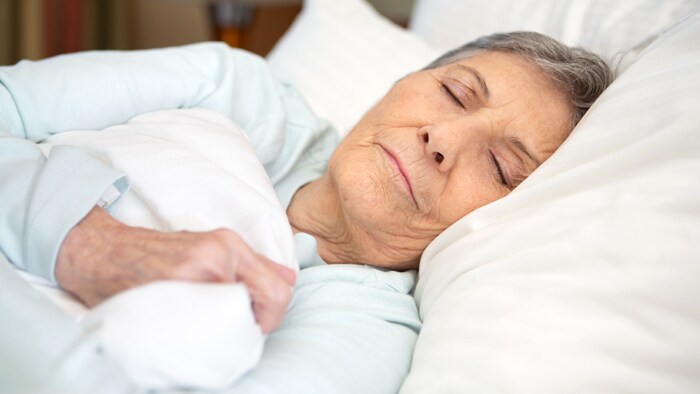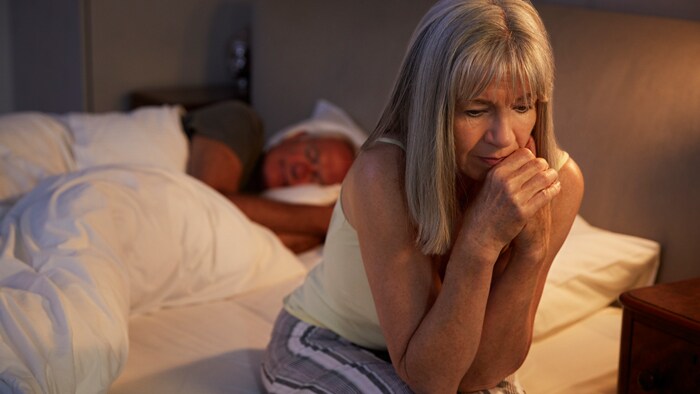Is sleep apnea affecting your sex life?
The side effects of sleep apnea—fatigue, high blood pressure, risk of heart disease and stroke—are pretty well-known. But one thing that’s not as widely documented is sleep apnea’s effect on sex. That may be changing, though. A growing body of research finds that having sleep apnea can be a drag on your love life, causing erectile dysfunction in men and a loss of libido in women. The latest study in the Journal of Sexual Medicine compared 80 women ages 28 to 64 who have sleep apnea with 240 women without the disorder and found the women with apnea had significantly higher rates of sexual dysfunction. A 2009 study, meanwhile, reported that 70 percent of 401 men with suspected sleep apnea also had erectile dysfunction. Scientists suspect the sex hormone testosterone is to blame. Testosterone levels peak with sleep and drop due to a lack of shut eye. So it stands to reason that sleep apnea, which wreaks havoc on sleep, drives down hormone levels, causing the sexual dysfunction. What’s more, snoring is estimated to be the third most common cause of divorce in the United States and Great Britain. Incessant snoring and sleep disruption place a strain on the relationship due to lack of rest, noted Phoebe Ochman, director of Communications at Sleep Apnea Treatment Centers of America. In a study at the University of California at Berkeley, researchers evaluated poor sleep and its impact on marital relationships. According to psychologist and lead investigator Amie Gordon, “Poor sleep may make us more selfish, as we prioritize our own needs over our partner’s.” The data suggests that disrupted sleep leaves husbands and wives less in tune and cognizant of the moods and needs of their partners. But there’s good news: treatment for sleep apnea can make a difference. The CPAP—a device that’s worn while sleeping and keeps the airway from closing can diminish or alleviate sleep apnea, and doesn’t have to interfere with intimacy. Plus, Ochman said, people who are treated for their sleep apnea are 60 percent more likely to be compliant with their treatment plan if their spouses sleep in the same bedroom. Other things that can help:


